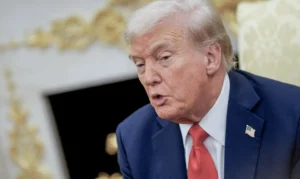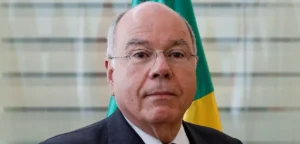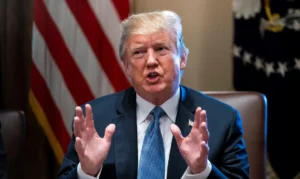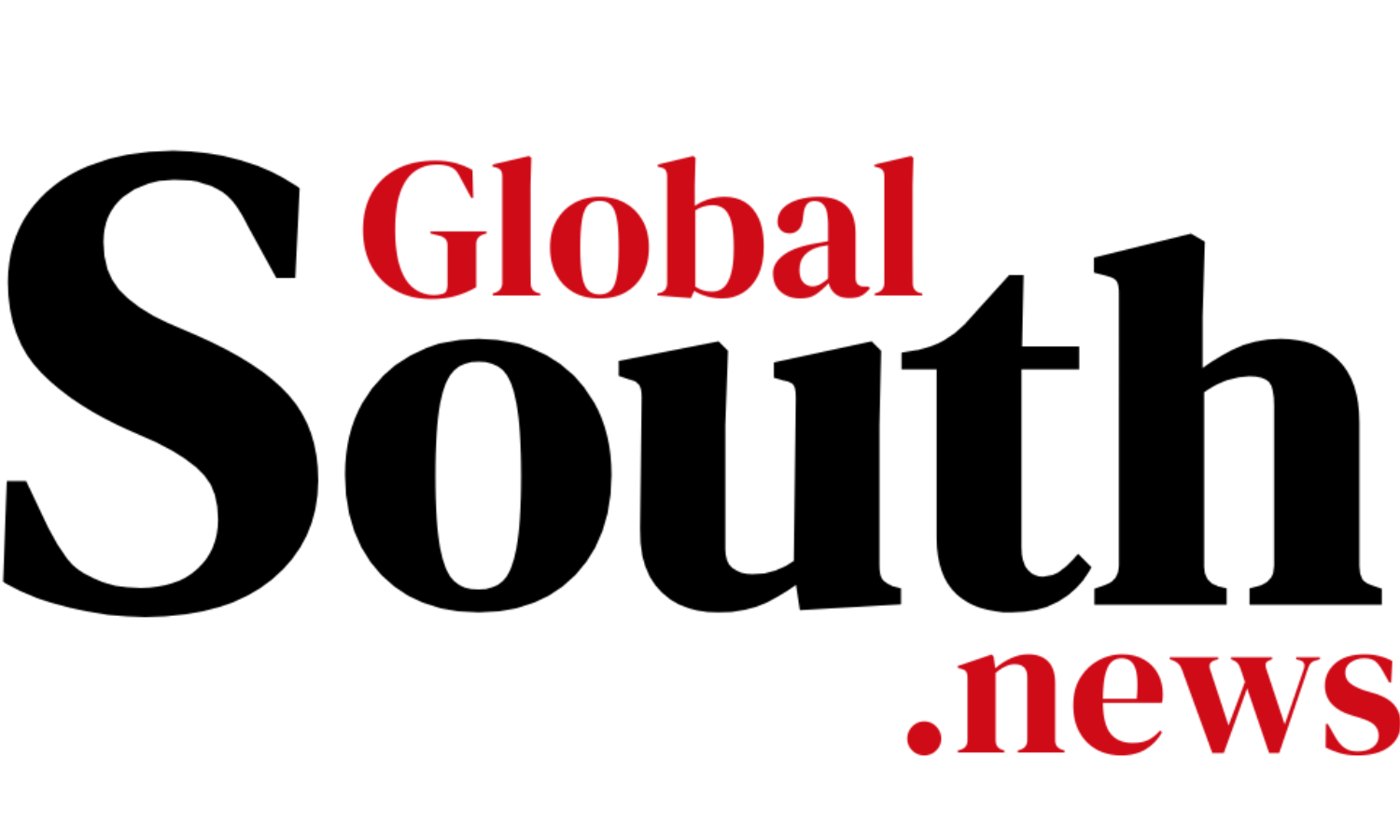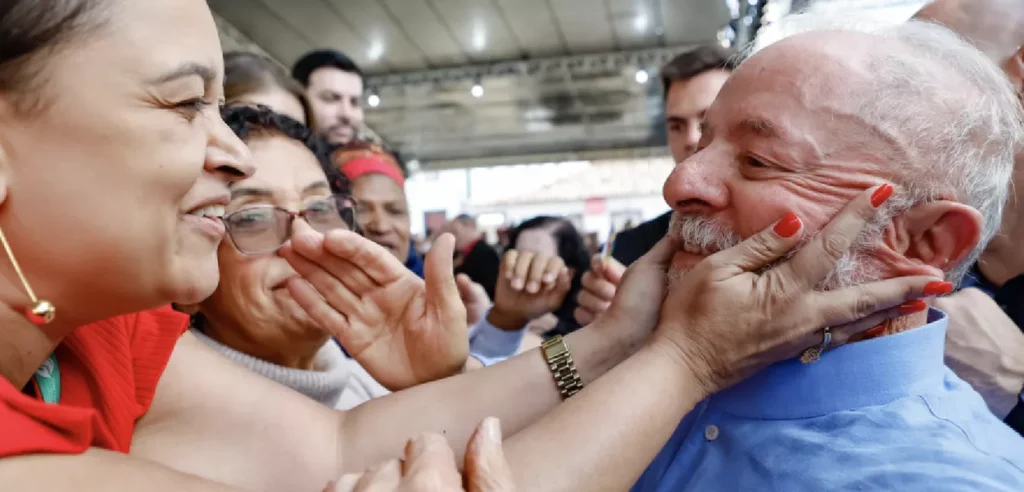
Lula - 12/06/2025 (Foto: Ricardo Stuckert/PR)
Brazil has achieved a significant milestone in the fight against food insecurity, officially being removed from the United Nations Hunger Map for the second time during President Luiz Inácio Lula da Silva’s administration. The announcement was confirmed by the Food and Agriculture Organization (FAO) at the 2nd Food Systems Summit (UNFSS+4) held in Addis Ababa, Ethiopia.
This achievement, based on data from 2022 to 2024, shows a remarkable reversal from the critical scenario observed in 2022. The “State of Food Security and Nutrition in the World 2025 (SOFI 2025)” report indicates that Brazil successfully reduced its undernourished population to less than 2.5% in just two years, a significant step forward reflecting the impact of implemented public policies.
Wellington Dias, Minister of Development and Social Assistance, Family and Fight Against Hunger, highlighted that this success is the result of a combination of “robust social policies, work incentives, and support for family farming.” Key initiatives mentioned include the “Brazil Without Hunger Plan,” which encompasses programs like Bolsa Família, the Food Acquisition Program, and the Solidarity Kitchen Program. Minimum wage valorization and professional qualification incentives also played a crucial role.
Beyond social policies, improvements in the country’s economic indicators were fundamental. Brazil recorded its lowest unemployment rate since 2012 and a record per capita household income, contributing to increased purchasing power and access to food for the population.
On the international stage, Brazil’s commitment to global food security was reinforced during its G20 presidency in 2024. The country led the proposal for the Global Alliance Against Hunger and Poverty, aiming to accelerate the achievement of the UN’s Sustainable Development Goals by 2030, reinforcing Brazil’s role as a key player in promoting solutions for global challenges.
Exiting the Hunger Map is a testament to the positive impact of coordinated public policies and a collective effort to ensure that no Brazilian is left behind.


